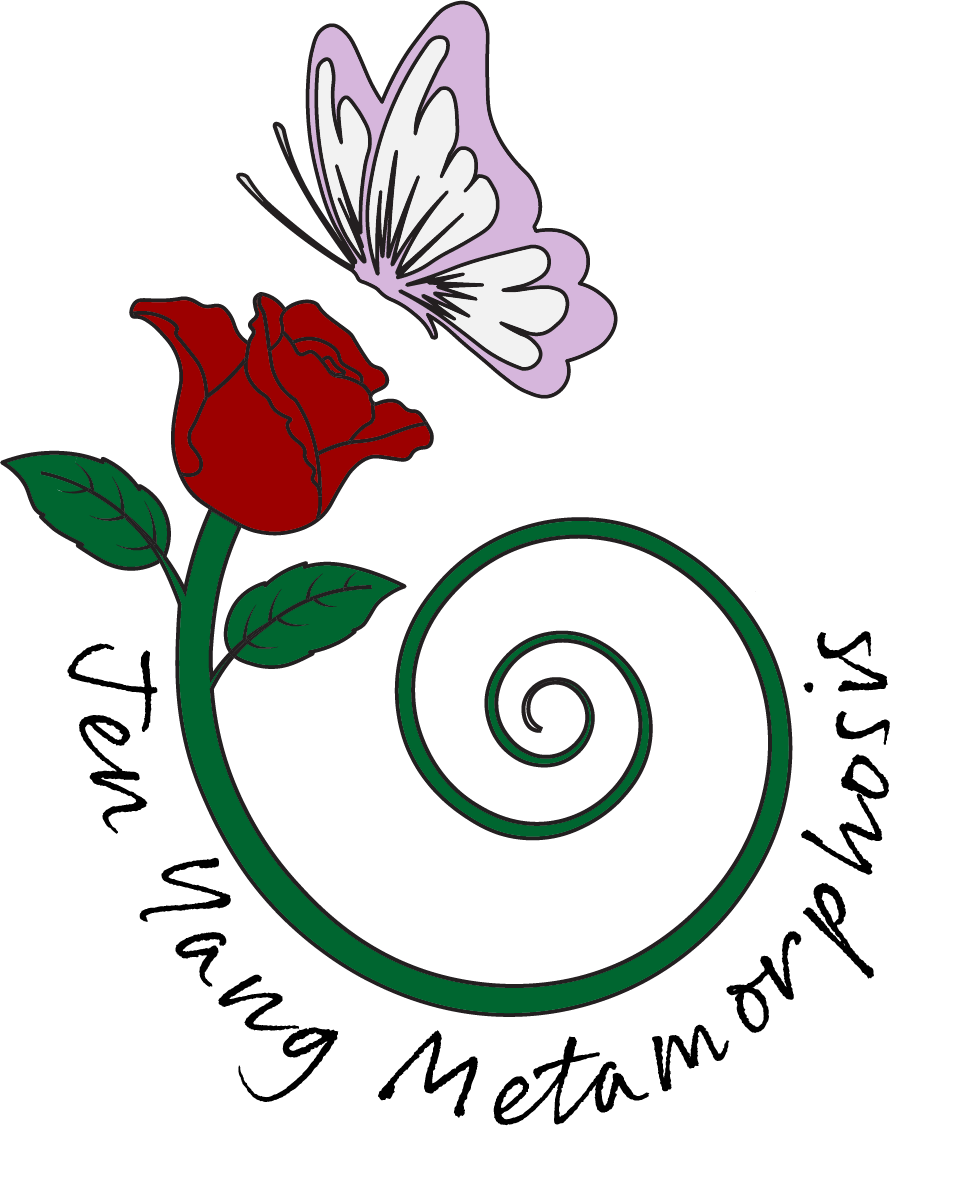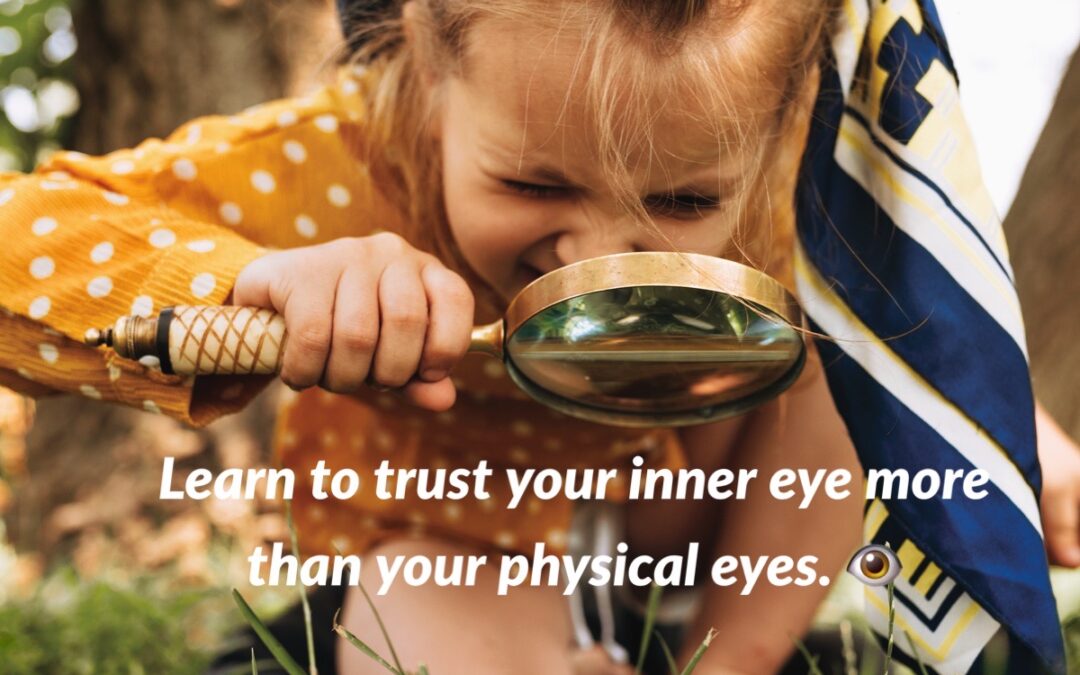Many of us who have dealt with any type of relationship falling out, betrayal, abandonment in the past probably wonder why it’s so hard for us to do the “T” thing?
Just TRUST. Easier said than done.
How to do relationships with only ease & joy? Wouldn’t that be cool if we’ve all got our user manuals right from the get go? 😂 It’d probably save us many years of blood, sweat and tears trying to figure out what’s not working and what needs to be worked on…
Have you ever pondered the fascinating paradox of trust?
We hop into taxis without a second thought, surrendering our safety to a complete stranger to take us to the destination safely. . .
The amount of trust you naturally invest in your mentor or therapist.
We often trust certain people without giving it much thought, but when it comes to our relationships, trust can feel like traversing a treacherous mountain range.🤨
We build walls, doubt intentions, and hold back, all in an effort to shield ourselves from potential pain.
Our friendships, love relationships, and interactions with colleagues, strangers, and anyone else we encounter cannot thrive long term without an element of trust involved.
If TRUST is such a vital component that can influence the quality of our social relationships and our relationship with life in such a deep, profound way, why are so many of us finding ourselves resisting to “trust”?
Let’s face it, Trust is very hard when you have your trust broken. Agree?
Today, trust is based on the belief that someone or something can be relied on to do what they say they will.
Trust has been a slippery slope for me to navigate on my own journey, especially as a highly sensitive woman. Learning to heal various forms of trust issues in different relationships has been my soul’s lesson this lifetime.
So, I want to share some learnings with you based on the acronyms of T.R.U.T.H. How can we ground our TRUST more through TRUTH.
1. Tenacity to Feel the Pain
One hard truth I want to say to you is that you’re gonna get hurt, when you open your heart. 😂
The ability to feel is a beautiful gift. Emotions stream through our hearts from intangible chemical reactions, and they can become so powerful that they impact our physical state. To feel is truly an incredible strength, and yet so many of us run from our feelings…🙂
Those painful feelings may often be scary, overwhelming, or disorienting, leaving many of us putting up blinders to what we feel out of fear.
The irony is only when accepting your emotional experience and allowing it in whatever form it may come, you actually lessen the grip it has over you.
What you resist persists; so if you run, the feeling will only grow stronger and more difficult to move through. We were not meant to escape our emotions; we were made to feel them.
For instance, a complicated one that we as highly sensitive beings tend to face is shame. At its core, shame is an innocent energy because it comes from the desire to be loved and stay close to others. When the feeling of shame isn’t being felt, we glue ourselves to the past negative narratives that we’re bad and unlovable when things go wrong with our relationships. Often times, that keep us from moving forward in our relationship with ourselves and others.
Self-compassion is the remedy that allows us to give loving attention to the parts of ourselves that we’ve been avoiding and we get to see what we may be inherently blaming ourselves for with fresh new eyes.👁️
Sometimes feeling what needs to be felt is the bravest act of self-love. Because it opens us up to a profound healing process of forgiveness not only directed towards the people/things/place involved in the past situations, but also towards ourselves.
2. Relearn to Trust Again Through Vulnerability
The ability to trust again requires vulnerability. It may be a hard pill to swallow, especially if someone has broken your trust in the past.
Our imagination can run pretty wild & uncontrollable sometimes, and little do we know how unconsciously & “skillfully” we can project the past issues onto our existing relationships.
Like walking on a tightrope being suspended in mid-air, we walk the delicate balance of opening our hearts and protecting ourselves from potential hurt. Not easy, I’m a living testimony of that. The good news is that allowing ourselves to be vulnerable is learnable through consistent practice of leaning in, without strings attached.
Now you may think that being vulnerable is foolish & weak since it’s the thing that got you hurt in the first place. Vulnerability is both our greatest strength and our most terrifying challenge. Even if it takes time to cultivate, building fresh perceptions around past wounds often does less harm and more good.
If you find yourself wrestling with self-sabotaging thoughts, instead of burying your head in the sand and constantly ruminating over the possibility of how others may do you harm, or not show up for you the way you expected, talking it out to a professional or a trusted confidante can help diffuse issues you made up in your head.
The return you get from trusting someone is far greater than adding more cement to the concrete walls you may have built up to protect yourself.
You cannot know whether someone will ever hurt or betray you. Because this is just not “humanly” possible or realistic.
3. Understanding Your Fears
Trauma is one major factor contributes to trust issues. Trauma experts say that while humans get wired for connection to feel love, and trauma wires people for protection, or over protection to feel safe.
Most of us experience some trauma at some point. It can be either a direct experience or a non-personal one, like perhaps you witnessed someone going through something chaotic or violent, and that mental re-run of the event may still have affected you heavily years later.
When we have encountered trauma in childhood or in general, we’re likely to build walls around them as an act of self-preservation. Especially for highly sensitive beings, we tend to clam up and let fears get the best of us when buying into the illusions created by the past trauma.
When trust issues interfere with your ability to form healthy, stable relationships, it can also leave you feeling isolated, lonely, and misunderstood.
What fears might arise when mistrust is stirred up in your relationship?
Fear of abandonment?
Fear of betrayal?
Fear or rejection?
Fear of manipulation?
Fear of mistreatment?
Fear of deception? Or others?
Fear of intimacy?
Fear of responsibility?
These conditions may cause trust issues in relationships because of the way certain irrational beliefs, cognitive distortions, or mood swings may unrealistically change someone’s perception of reality and interpersonal relationships.
Being aware of our subconscious patterns and behaviors rooted in fears is extremely vital, so we can make a conscious choice to go about updating the ways we relate to others rather than feeling like we’re being haunted by a phantom from the past.
4. Trust Yourself First
I’ve come to realize that trust isn’t just about others—it begins with trusting ourselves. The very core of how willing am I to deepen the trust bond with myself.
Are you still breathing? Well you’re alive right here and right now! You can trust that you’ll get through in the face of betrayal, abandonment and devastation because you survived such adversity in the past.
The foundation for any healthy relationship is knowing that you can trust yourself. ❤️🌹🙏
While it’s true that you may not have enough evidence that you can fully trust the person you’ve just started engaging emotionally, you can navigate any uncertainty with the proof that you do have, which is that no matter what happens, you’ll be okay.🥰
A question to ponder:
If you knew you were 100% supported no matter what happens, what would you do?
5. Honor Your Intuition with Honesty
Essentially, if someone betrays your trust or there is a lack of confidence, your relationship’s future is likely to be compromised in one way or another.
Say, if your value is to be a person of your words, then you have to practice walking the talk. You mean what you say and promise yourself to show up as honest as you are capable of being. This creates an energetic frequency to connect with people who share similar values with you on your path.
Fortunately, trustworthy people tend to share universal traits – they are transparent in their dealings with others and have good follow-through, e.g., they do what they say they’re going to do.
Having the sense that you can trust someone without question lays the foundations for fulfilling social interactions with others. And your intuition matters as well. We can’t simply rely on our physical eyes, but our inner eyes when navigating relationship dynamics.
Notice when you’re in a calm state (without an overthinking, overactive mind), how does your heart speak to you. In my case, I hear my truth most clearly and may even feel the energy of another from afar, which plays as a compass for me to build self-trust and trust bond with others.
To wrap up, trusting someone again may seem impossible after you’ve experienced pain. Unpacking past wounds can be both ouchy and confronting but definitely worth the work and perseverance, even though the healing process may take some time. Don’t give up. Don’t ever give up on your own healing (tune into my self-trust dance & move with me!)
This life is shorter than you think and you deserve to rebuild a sense of security and self-trust with T.R.U.T.H.
May we all have the courage to set ourselves free from distrust and allow ourselves to open up the Segway to mutual trust bond, deep self-love and healthy affection.
“When an individual trusts another sufficiently to expose the true self — the deepest fears, the hidden desires — a powerful intimacy is born.” — Sarah Pekkanen
xoxo,
Jen



Hi Jen,
Thanks for a very inspiring article. I love the taxi metaphor which aptly describes how I’ve always stepped into relationships.
Luckily I’ve never been hurt or taken for a ride sitting in a cab.
With relationships, it’s another story, but imho everyone deserves to be trusted otherwise what’s the point wanting a relationship.
If your gut feeling tells you a person can’t be trusted for various reasons (values, attitude,…) why start a relationship ?
Relationships differ, in my view, with stepping into a taxi, in the sense that you can expect to be hurt unintentionally, due to misunderstandings.
I may be somewhat naive, but I don’t believe people hurt each other intentionally.
Anger and hurting others is a sign of profound personal suffering and should be considered with empathy and compassion.
As a closing remark, I don’t believe your articles and podcasts strictly apply to women, they may find an echo with a broader hypersensitive audience.
Thanks for sharing your experience and insights.
Enjoy your day! 🙏🪷
Thank you for your heartfelt comment, Michel. I appreciate your kind words and how the taxi metaphor relates to your experiences. Trust is crucial in relationships, and I agree that it’s important to consider values and attitudes before starting one.🥰
Your belief that people don’t intentionally hurt each other is commendable, and it’s great that you approach anger and hurt with empathy and compassion.
Truly grateful for your observation about the broader audience my articles and podcasts can reach and serve. 🙏🌹
Thank you again for sharing your insights.
Have a wonderful day!☀️🌸